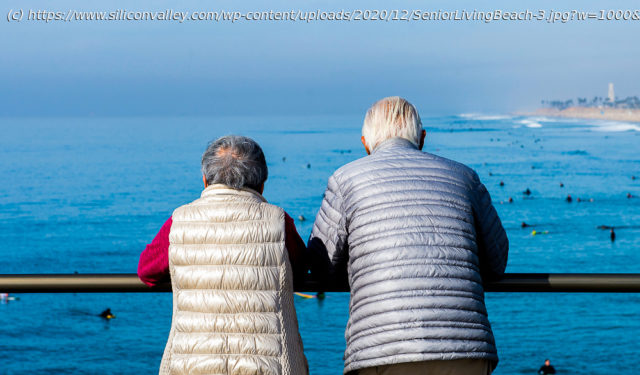Seniors in nursing homes and assisted living centers will be among the first Americans vaccinated, following recommendations last week by a federal advisory panel. Older adults living at home will …
Vaccines that protect against COVID-19 are on the way. What should older adults expect? The first candidates, from Pfizer and Moderna, could arrive before Christmas, according to Alex Azar, who heads the Department of Health and Human Services. Both vaccines are notably effective in preventing illness due to the coronavirus, according to information released by the companies, although much of the data from clinical trials is still to come. Both have been tested in adults age 65 and older, who mounted a strong immune response. Seniors in nursing homes and assisted living centers will be among the first Americans vaccinated, following recommendations last week by a federal advisory panel. Older adults living at home will need to wait a while longer. Many uncertainties remain. Among them: What side effects can older adults anticipate and how often will these occur? Will the vaccines offer meaningful protection to seniors who are frail or have multiple chronic illnesses? Here’s a look at what’s known, what’s not and what lies ahead. Decision-making timetable. Pfizer’s vaccine was evaluated by a 15-member Food and Drug Administration advisory panel on Thursday, Dec.10. Moderna’s vaccine is expected to go before the panel Dec.17. At least two days before each meeting, an analysis by FDA staff will be made public. This will be the first opportunity to see extensive data about the vaccines’ performance in large phase 3 clinical trials, including more details about their impact on older adults. So far, summary results disclosed in news releases indicate that Pfizer’s vaccine, produced in partnership with BioNTech, has an overall efficacy rate of 95% and efficacy of 94% in people 65 and older. Moderna’s overall efficacy is 94%, with 87% efficacy in preventing moderate disease in older adults, according to Moncef Slaoui, chief science adviser to Operation Warp Speed, the government’s COVID-19 vaccine development program. If the advisory panel gives a green light, the FDA will decide within days or weeks whether to authorize the Pfizer and Moderna vaccines for emergency use. Distribution of the vaccine has already begun, and health care providers are expected to begin administering it immediately after the FDA acts. Allocation framework. At a Dec.1 meeting of the Advisory Commission on Immunization Practices, which guides the Centers for Disease Control and Prevention on vaccines, experts recommended that people living in long-term care and health care workers be the first groups to get COVID-19 vaccines. This recognizes the extraordinary burden of COVID-19 in long-term care facilities. Although their residents represent fewer than 1% of the U.S. population, they account for 40% of COVID deaths — more than 100,000 deaths to date. The commission’s decision comes despite a lack of evidence that Pfizer’s and Moderna’s vaccines are effective and safe for frail, vulnerable seniors in long-term care.
Home
United States
USA — IT Senior Living: What seniors can expect when COVID vaccines begin to roll...






